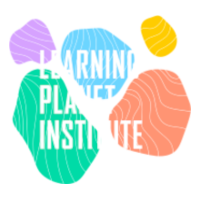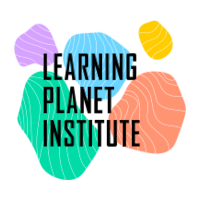After a Magistère Européen de Génétique at Université Paris Diderot, Michael received his PhD in Genetics. He started studying ageing in the lab of Hervé Tricoire (Université de Paris, CNRS) by focusing on mitochondria's role in longevity. Then he moved to the lab of David Walker (University of Califoria, Los Angeles) to study the role of mitochondrial biogenesis in intestinal stem cells for healthspan and longevity. During his postdoctoral research he discovered and first described in 2011 the Smurf phenotype - an increased intestinal permeability measured in vivo thanks to a blue food dye. Recruited as a CNRS researcher in 2013, his research focused on developing a novel two-phase of ageing framework for studying ageing based on the Smurf phenotype. He later showed that this model can be applied in other common model organisms such as nematodes and the zebrafish. In 2018 he was awarded an ATIP/Avenir grant to start his own group and accelerate the development of the two phases ageing model and further extend the organisms it applies to.
As of summer 2020, he will join the CRI to develop novel early markers of ageing and understand what are the molecular origins of ageing.
Fly wrangler, ageing, cooking, climbing, geeking, discovering, asking new questions or old questions with a fresh angle






